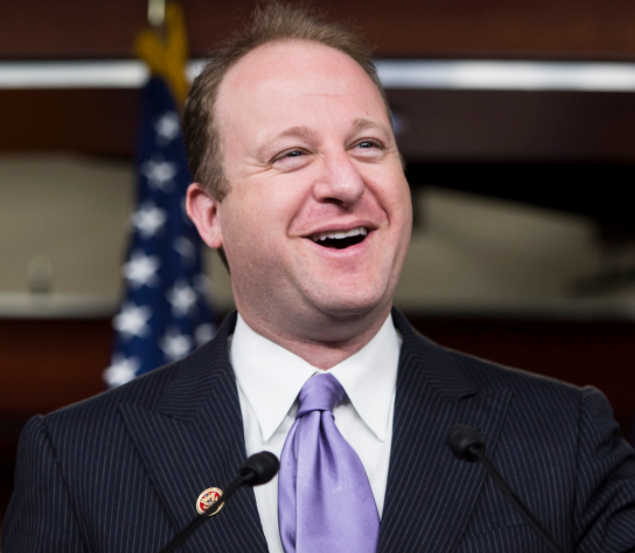Trade Tensions Unveiled: Polis Challenges Trump's Tariff Legacy at Colorado Manufacturing Summit

Governor Polis Warns of Potential Economic Impact from Proposed Tariffs
In a comprehensive review with over 60 manufacturers and business partners, Governor Jared Polis raised significant concerns about the potential consequences of proposed tariffs. The discussions highlighted the potential risks to Colorado's job market and future investment opportunities.
Despite the challenges, some Colorado businesses are maintaining a cautiously optimistic outlook. Business leaders are carefully evaluating the potential economic implications while remaining resilient in the face of potential trade complications.
The governor's outreach underscores the importance of understanding and mitigating the potential economic disruptions that could affect local industries and workforce. As negotiations continue, Colorado's business community remains vigilant and adaptive.
